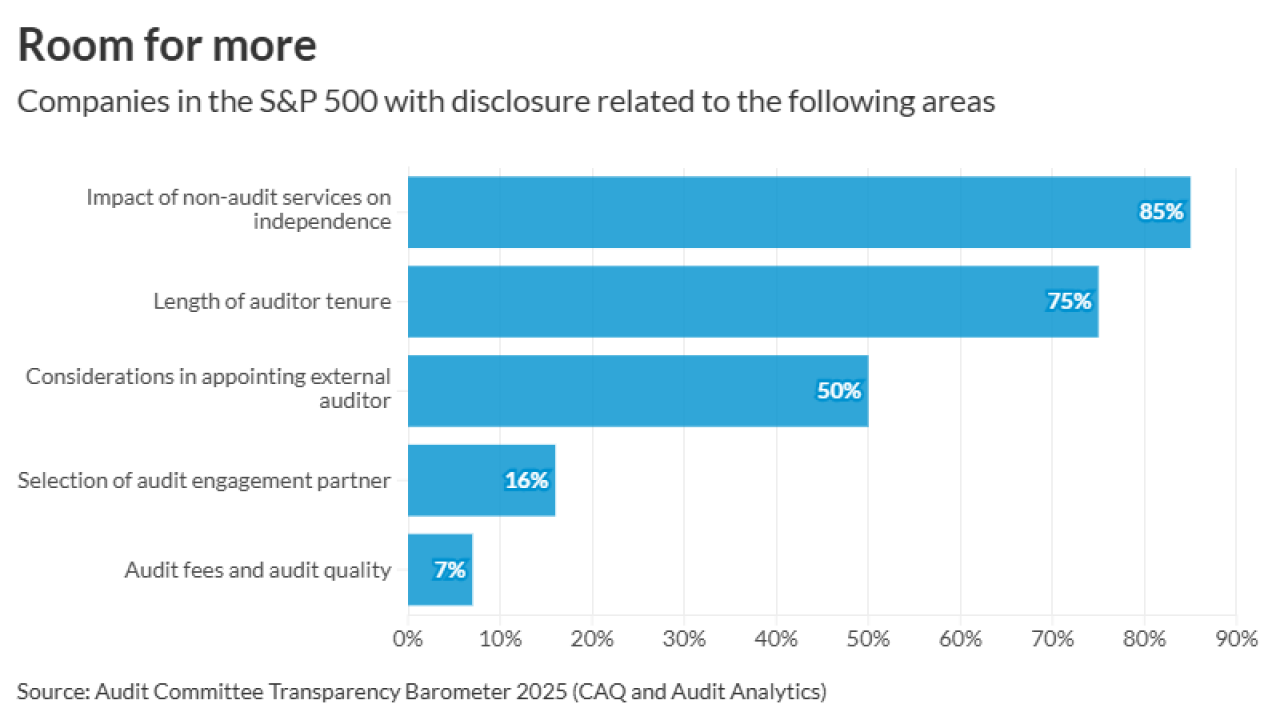Finance professionals play an essential role in companies and firms of all sizes. Our work is critical to ensure the public interest, regulatory compliance, financial reporting and more. This role is only increasing in scope, which is why many of my colleagues are concerned about what they can’t see and what they don’t have complete control over.
The approach of finance has traditionally been to wait and see and to leave the new technology to others. The mantra could well be: “If it ain’t broke, why fix it?”
Case in point: A whopping 89 percent of 700 financial professionals surveyed have yet to use artificial intelligence in their work, according to

I’ve had the opportunity to talk to leaders all over the world and a common theme is the rapid pace of change fueled by technology. The same report validates this notion. It also notes that organizations that reported growing revenue are more likely to be using AI than those with flat or declining revenue. This means there is a strategic business imperative to adopt and adapt to new technologies.
How do I know? AI, and more specifically machine learning, is
Machine learning is already changing expectations
Chatbots enhanced with machine learning routinely guide consumers through tasks in everyday life, including online banking, booking hotels, finding the cheapest airfares and looking for jobs. The expectation of tech assistance is at a heightened level, which is then transferred to the business environment. As a result, employees, customers, clients and business partners are expecting more. As we know from a number of high-profile organizations that are no longer here, business customers also vote with their wallets.
Fortunately, there are a number of tech vendors that embed emerging technologies into their applications to help CFOs and CIOs introduce the benefits of these innovations to their organizations. For instance, cloud ERP software now makes it easy to leverage emerging technologies such as blockchain, the Internet of Things, AI and machine learning and cybersecurity innovations.
Using cloud ERP technologies, finance professionals can reduce the amount of manual transactions posted, close their books faster and reduce the cost of regulatory compliance. This frees them to work on more strategic projects for their organization.
This notion is further validated by Jac Amerell, controller at Blue Cross Blue Shield of Michigan. In the
The benefits of machine learning and other emerging technologies cannot be overstated. Machine learning and IoT are also used by many manufacturers who use real-time updates of machine performance data for remote diagnostics and proactive maintenance, which means they can repair machines before they fail. How exciting is this! You can achieve greater efficiency and reduce costs when you are not calling for unscheduled repairs.
Machine learning enables computers to ingest reams of information, analyze it and then spot anomalies that would be difficult for humans to detect.
As more data flows in, the system will not only report what’s happening now, but make better predictions of what will happen in the future based on past performance and any number of other factors. Imagine the possibilities when it comes to financial fraud detection, process improvement and integrated reporting. Finance as we know it, as well as auditing, tax and advisory services, will continue to evolve, so standing still is not an option.
Knocking down walls — and resistance
A major obstacle to the adoption of these technologies is the very real fear they will replace people — in this case, finance professionals — and their jobs. As a Gen Xer, I grew up without the technology that exists today. There had to be a fear that technology and machines would replace people when the finance world moved from paper to PC and digital spreadsheets. However, other industries have arisen and provided additional opportunities we couldn’t foresee at the time. I’m convinced this will be a similar case. Every generation will face new technologies. We will figure it out.
Companies need tech-savvy finance leaders now more than ever, which is why the push is on to get financial and accounting professionals the skills training — and technology — needed to thrive in an incredibly competitive environment, not just in a company’s immediate environment, or in a few surrounding states, but around the world in all the markets that a company touches.
In the report, Blue Cross Blue Shield of Michigan outlined a commitment to helping its finance team gain new skills. According to Amerell, his team is helping people develop the skills the company will need in the future, such as intelligent process automation skills. He even challenges members of the finance team to pick an area where they are spending significant time and energy and build a bot to automate the mundane parts of their day.
How do we move forward?
We must be comfortable with being uncomfortable, unleashing our natural curiosity and skepticism to analyze and review emerging technologies that will enhance the finance team’s partnership with the business and influence in the organization.
It’s great to have a broad perspective on the historic trends of the organization, but how much more essential would it be to function as a true co-pilot of the organization? Working together, finance and other organization leaders can develop new growth opportunities, products and offerings that will minimize disruption and increase customer and client satisfaction.
But for that to happen, we need finance professionals to take a seat at the table and become partners in key decision-making about where the organization is headed. To be clear, this approach is not all about tech skills. For financial professionals to succeed in their expanded roles, they will need strong communications skills to be able to tell a compelling story when providing a recommendation or reviewing a report. The next generation of finance leaders will need people, leadership and communication skills, as well as analytical skills, to influence decisions and create value for the business.
These are not skills that will be developed overnight, as they need to interface with technology, strategy and finance. This won’t be easy, but then (as my dad would say) nothing worth doing ever is.





